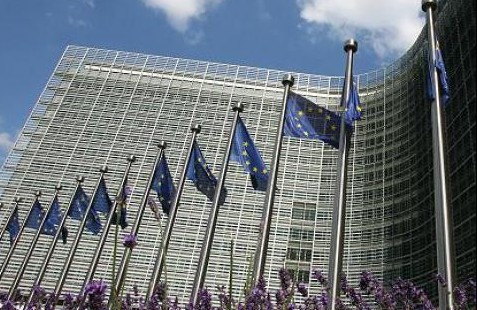FREQUENTLY ASKED QUESTIONS: THE EU RETURN POLICY
What is this Communication about?
This Communication reports on the changes to EU return policy over recent years, analyses its impact, and presents some ideas for future developments.
It responds to the Commission’s obligation to submit a report to the European Parliament and the Council on the implementation of the Return Directive (Directive 2008/115/EC), the main piece of EU acquis on return. It highlights to accomplishments under the Return Directive and identifies areas for further work.
Why did the EU agree on common rules in the field of return?
A common EU approach to the return of irregular migrants is an important part of a common Immigration and Asylum Policy.
The Return Directive is aimed at ensuring speedy and efficient return procedures, while fully ensuring the protection of fundamental human rights,
It establishes clear, transparent and fair common rules concerning return, removal, the use of coercive measures and detention in connection with such operations, as well as the imposition of bans on re-entry, while guaranteeing the respect of the human rights and fundamental freedoms of the persons concerned.
Will the Commission propose amendments to the Return Directive?
The action set out in the Communication focuses on ensuring proper and effective implementation of the existing rules, rather than to embark on new legislative initiatives.
It proposes to promote fundamental rights-compatible practice, cooperation between Member States as well as cooperation with non-EU States.
The aim is to further consolidate and deepen the achievements of the EU's return policy over the next years.
What was the overall impact of the Return Directive over recent years?
The Communication provides fact-based evidence that the Directive which had been broadly criticized as "directive of shame" at the time of its adoption in 2008, has proven to be rather a "directive of protection". It contributed to promote:
-
Respect for fundamental rights;
-
fair and efficient procedures;
-
reduction of cases in which migrants are left without clear legal status;
-
primacy of voluntary departure;
-
reintegration and fostering of alternatives to detention.
These positive changes have also been confirmed both by civil society actors (NGOs active in the field of migration) as well as international bodies. The United Nations International Law Commission’s eighth report on the expulsion of aliens, in which the UN Special Rapporteur acknowledges that the EU’s Return Directive ‘contains extremely progressive provisions on such matters that are far more advanced than the norms found in other regions of the world.






